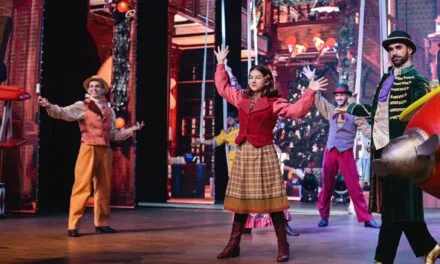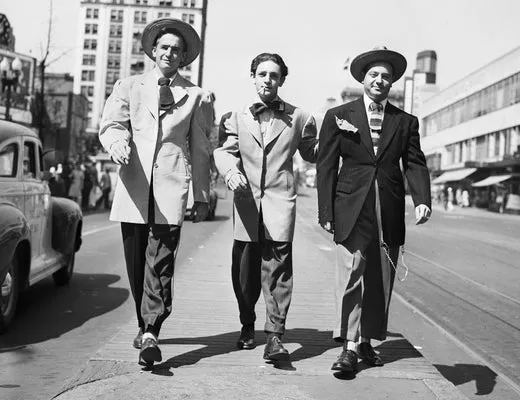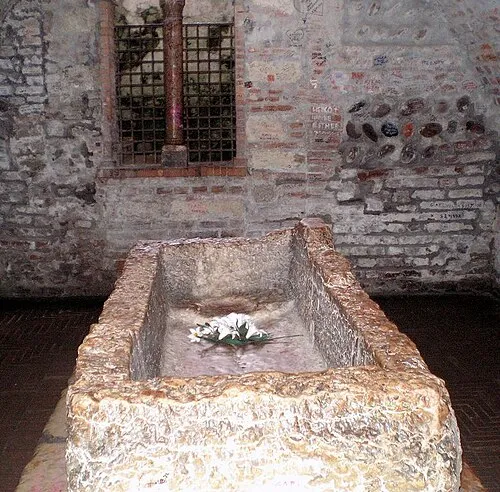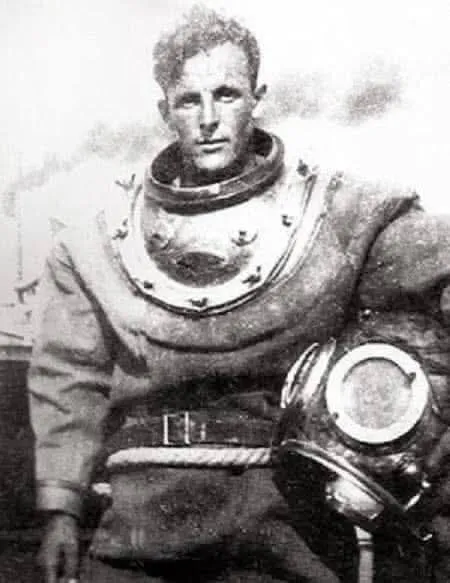The City of Verona remembers two cornerstones of its roots and traditions: the chef and poet of the historic restaurant Dodici Apostoli (which still exists today), Giorgio Gioco, and Roberto Puliero: actor, director and unforgettable voice of the matches of the city’s football team: Hellas Verona. Two book-shaped marble benches bearing the faces and a famous sentence of the two well-known Verona personalities have been placed in Piazzale XXV Aprile in front of the railstation, next to the new green area that also houses a reproduction of the Arena of Verona. They are the first two benches of a series that will be placed around this area symbolising a miniature Verona.
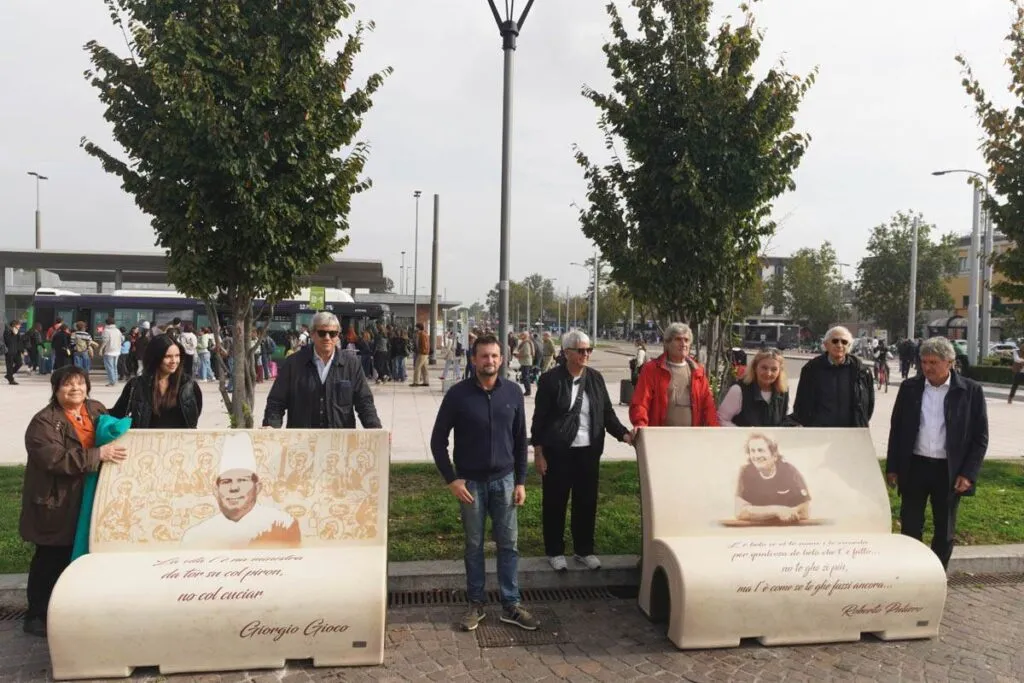
The intention is to remind passing citizens of historical figures who have marked an era in terms of the enhancement of local culture. But also to introduce travellers arriving in Verona to an important human piece of the city’s history.
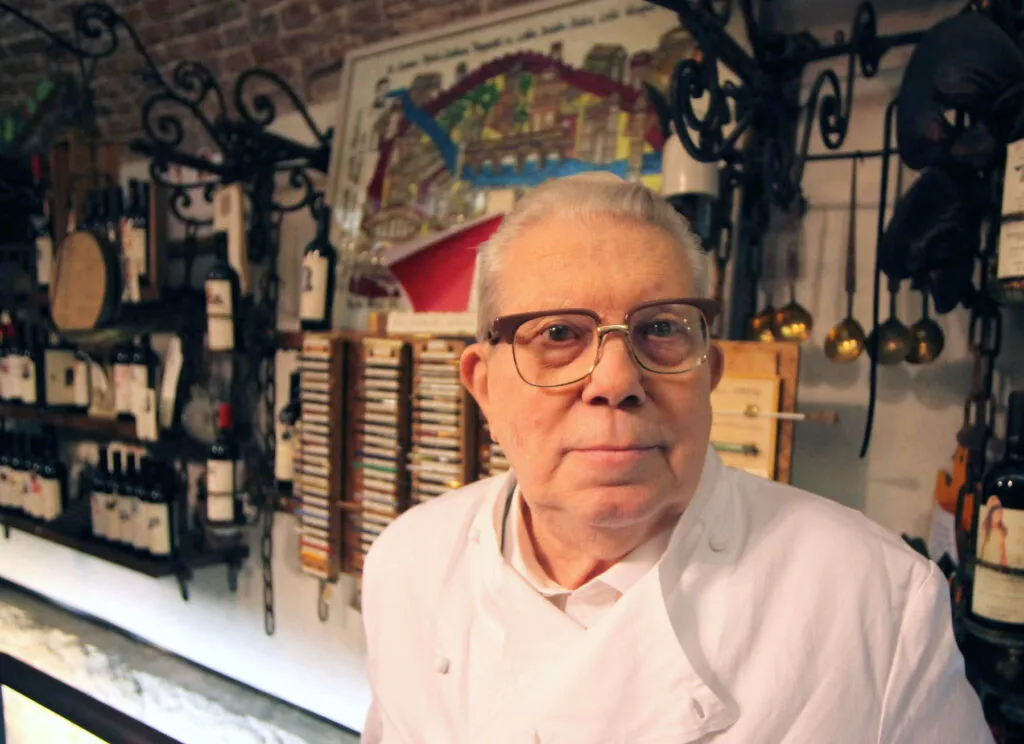

In addition to the face with the Apostles in the background, the bench named after Gioco also bears a famous statement of his in Veronese dialect: ‘La vita l’è na minestra da tor su col piron, no col cuciar’ (life is like a soup to be savoured with a fork, not a spoon). Roberto Puliero’s words, on the other hand, placed under a smiling shot of him, seem designed to describe the role of memory and remembrance: ‘L’è belo se el to nome i le ricorda per qualcosa de belo che t’è fatto…no te ghe sì più, ma l’è come se te ghe fussi ancora…’ (It’s nice if your name is remembered for something nice you’ve done. You are no longer there but it is as if you were still there).


